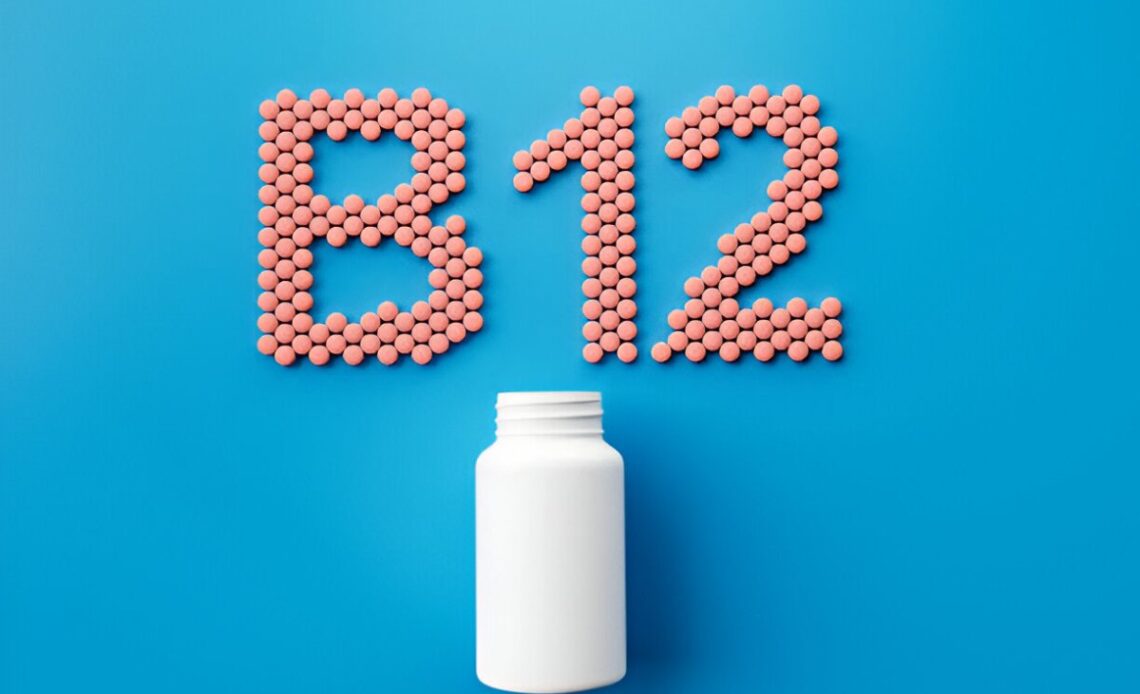
Vitamin B12, also known as cobalamin, is an essential nutrient that plays a critical role in various bodily functions, including red blood cell formation, DNA synthesis, and proper nerve function. While it is crucial for overall health, there is often confusion about the safety of vitamin B12 supplementation, particularly concerning dosage and the potential for overdose. This article aims to clarify these issues and provide essential information regarding vitamin B12 safety and recommended dosages.
Understanding Vitamin B12
Vitamin B12 is a water-soluble vitamin that is naturally found in animal products such as meat, fish, eggs, and dairy. It can also be added to fortified foods and supplements. Because it is water-soluble, excess vitamin B12 is generally excreted through urine rather than stored in the body, which significantly reduces the risk of toxicity.
Functions of Vitamin B12
- Red Blood Cell Production: Vitamin B12 is essential for the formation of healthy red blood cells, preventing anemia.
- Nerve Function: It supports the maintenance of the myelin sheath that protects nerve fibers, aiding in proper nerve function.
- DNA Synthesis: B12 plays a vital role in DNA synthesis and cell division, essential for growth and development.
- Mood Regulation: There is emerging evidence that vitamin B12 may help regulate mood and support mental health.
Can You Overdose on Vitamin B12?
The good news is that vitamin B12 is considered safe even at high doses. The body has mechanisms to excrete excess amounts, making it virtually impossible to overdose on this vitamin through dietary sources or supplementation. However, certain factors can influence how much B12 one should take, including age, health status, and dietary needs.
Recommended Daily Allowance (RDA)
The recommended daily intake of vitamin B12 varies by age, gender, and life stage. Here are the general guidelines:
- Adults (19 years and older):4 micrograms (mcg)
- Pregnant Women:6 mcg
- Breastfeeding Women:8 mcg
- Children (1-3 years):9 mcg
- Children (4-8 years):2 mcg
- Children (9-13 years):8 mcg
Safe Upper Limits
While there is no established upper limit for vitamin B12 intake, studies have shown that even high doses (thousands of mcg) are well tolerated by most individuals without adverse effects. However, some people may experience mild side effects from excessive supplementation, such as:
- Headaches
- Nausea
- Diarrhea
Special Considerations
- Medical Conditions: People with certain medical conditions, such as kidney disease or certain types of anemia, may require careful management of vitamin B12 levels. It’s crucial to consult with a healthcare provider in these cases.
- Medication Interactions: Some medications can affect vitamin B12 absorption, including certain antacids and metformin, a common diabetes medication. If you’re taking these medications, discussing B12 supplementation with your doctor is essential.
- Age: Older adults may have a reduced ability to absorb vitamin B12 from food sources due to decreased stomach acid production. They may benefit from fortified foods or supplements.
Signs of Vitamin B12 Deficiency
While overdosing is unlikely, vitamin B12 deficiency can lead to serious health issues. Recognizing the symptoms early is crucial. Common signs of deficiency include:
- Fatigue and Weakness: Insufficient B12 can lead to anemia, causing tiredness and weakness.
- Nerve Problems: Tingling, numbness, or a “pins and needles” sensation can occur due to nerve damage.
- Cognitive Issues: Memory problems, difficulty concentrating, and mood changes can arise from low B12 levels.
- Glossitis and Mouth Ulcers: A swollen, inflamed tongue or mouth ulcers can be indicative of deficiency.
Supplementing Vitamin B12
For individuals who may not get enough B12 from their diet—such as vegetarians, vegans, or those with absorption issues—supplementation can be beneficial. Here are some guidelines for safe supplementation:
Types of Supplements
- Oral Supplements: Available in tablets, capsules, and gummies, these are convenient and widely used.
- Sublingual Supplements: These dissolve under the tongue and may be preferred for individuals with absorption issues.
- Injectable B12: In some cases, especially for individuals with significant absorption problems, B12 injections may be recommended by a healthcare provider.
How to Choose a Supplement
When choosing a vitamin B12 supplement, consider the following:
- Dosage: Check that the dosage aligns with your needs; higher doses are generally safe but consult a healthcare professional.
- Form: B12 is available in several forms, including methylcobalamin and cyanocobalamin. Both are effective, but methylcobalamin is often touted as the more bioavailable form.
- Additives: Look for supplements free from unnecessary fillers, artificial colors, and allergens.
Conclusion
In summary, while the risk of overdosing on vitamin B12 is minimal, it is essential to follow recommended dosages and consider individual health needs. Regular check-ups and consultations with healthcare providers can ensure that you are maintaining optimal vitamin B12 levels for your health. With proper management, you can enjoy the many benefits of this vital nutrient without the worry of overdose.
Also Read:
